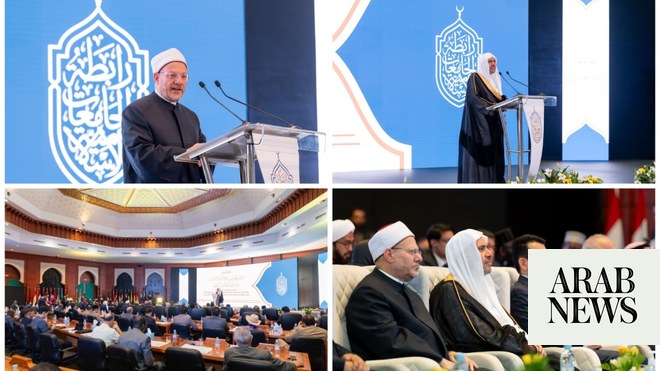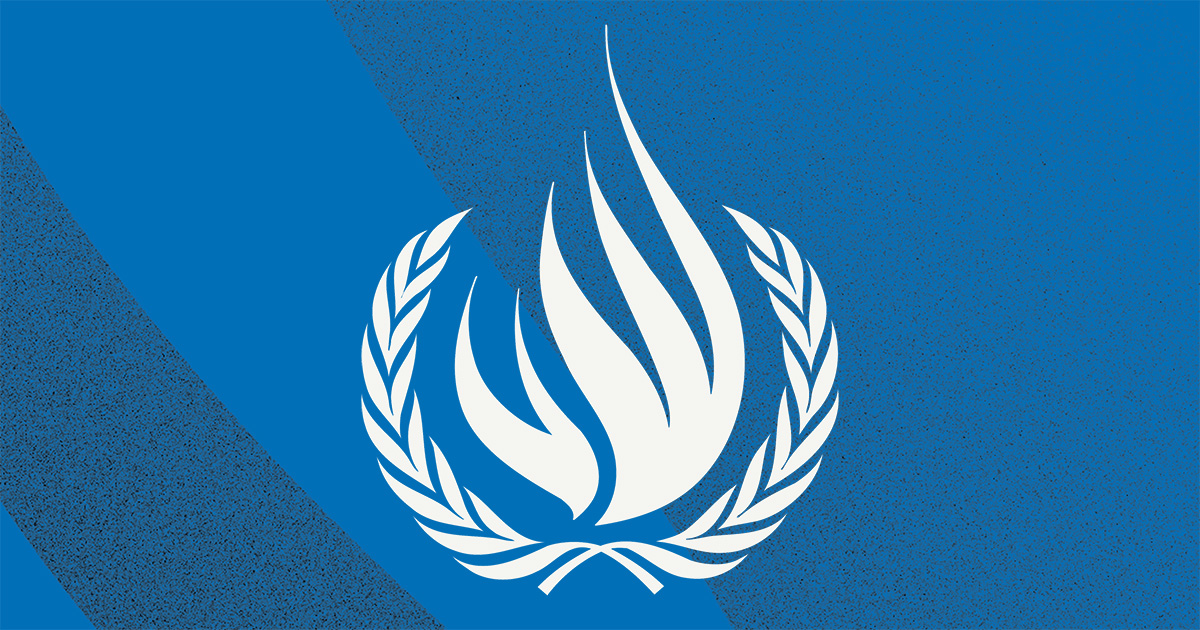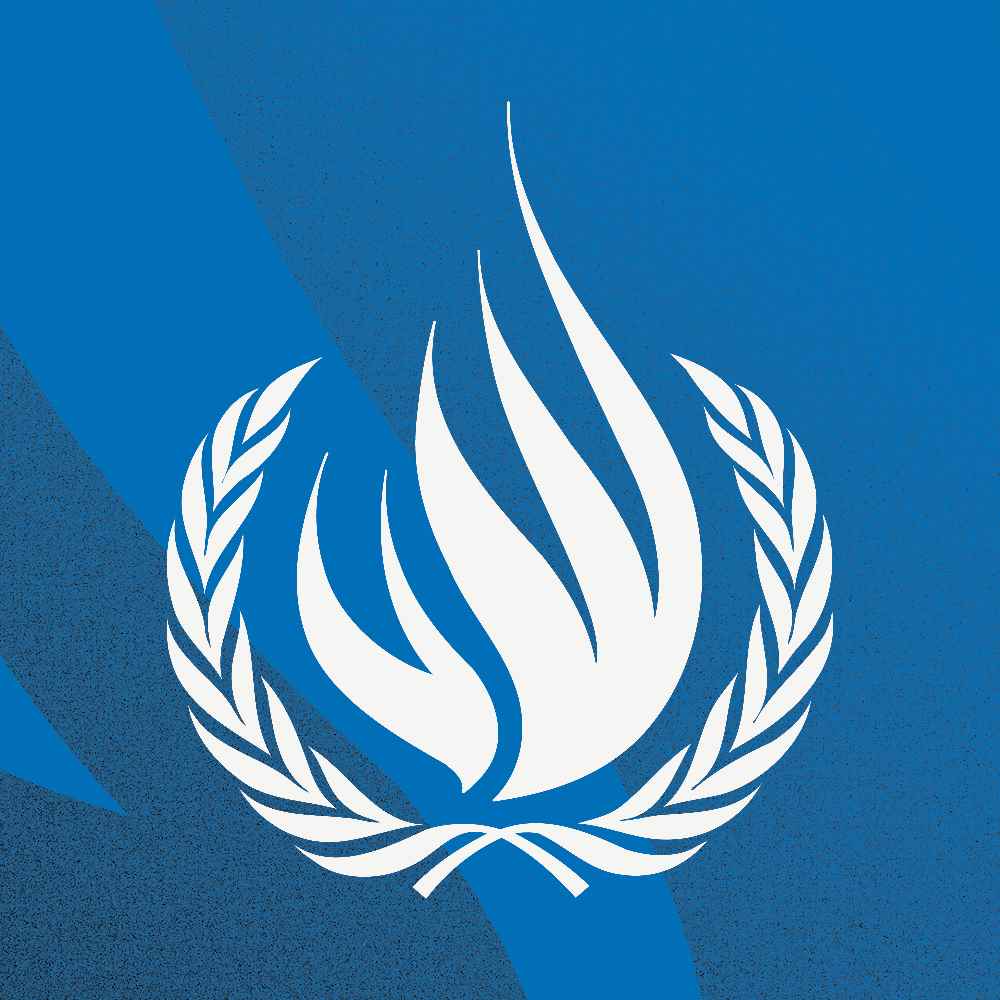
Muslim World League chief calls for more respect for values, rights, dignity of others
RIYADH: Representatives of Islamic fatwa boards, councils, and universities recently joined international law experts, academics, and thinkers to discuss issues related to freedom of expression.
Organized by the League of Islamic Universities, the conference was staged at the headquarters of the Islamic World Educational, Scientific, and Cultural Organization in the Moroccan capital Rabat.
The gathering, held under the title “Framing Freedoms According to Islamic Values and Principles of International Law,” came in the wake of an increasing number of crimes against Islamic and religious sanctities.
In his opening speech to the meeting, LIU president and secretary-general of the Muslim World League, Dr. Mohammed bin Abdulkarim Al-Issa, told delegates that freedoms should not be misused to the point where they showed no respect for the values, rights, and dignity of others, especially their sacred symbols.
He said: “The spirit of civilized constitutions does not allow hatred to spread, provoke, or fuel conflict in its name.
“Therefore, the contexts must be understood and then applied in order to achieve their objectives derived by logic, which calls for promoting the values of respect for other religions and cultures, peace and harmony, and preventing the dangers of conflict and clashes between nations and people of various religion.”
He pointed out that the interpretation of constitutions in a way that diverted them away from the spirit of promoting peace, was wrong and dangerous.
Grand Mufti of Egypt Dr. Shawki Ibrahim Allam said that exercising freedom in accordance with law guaranteed the safety and security of society while helping to maintain peace and harmony. It also set limits for those who attempted to stir up unrest in communities.
LIU Secretary-General Prof. Sami Al-Sharif noted that the system of religious values affirmed the unity and centrality of human rights and freedoms, and added that human rights, especially freedom, were fundamental to the purposes of Islamic law.







